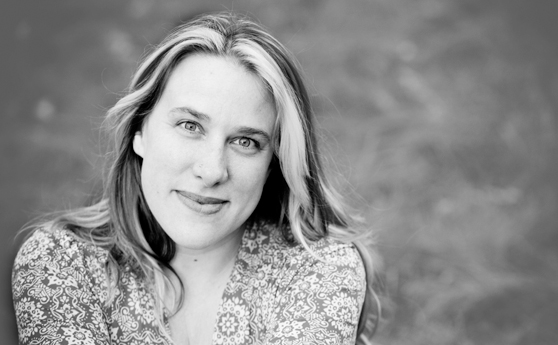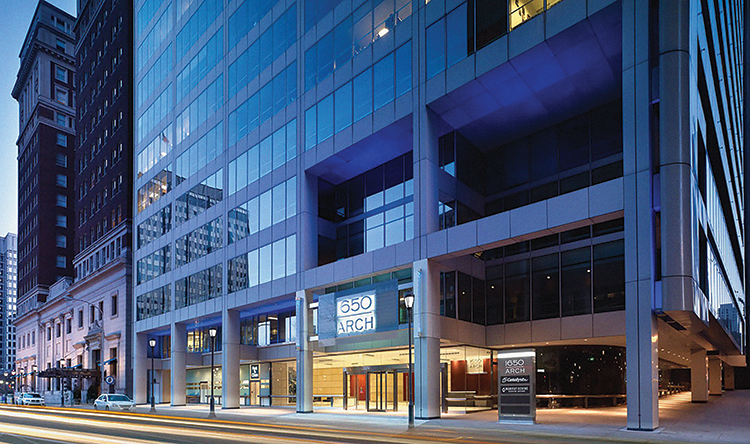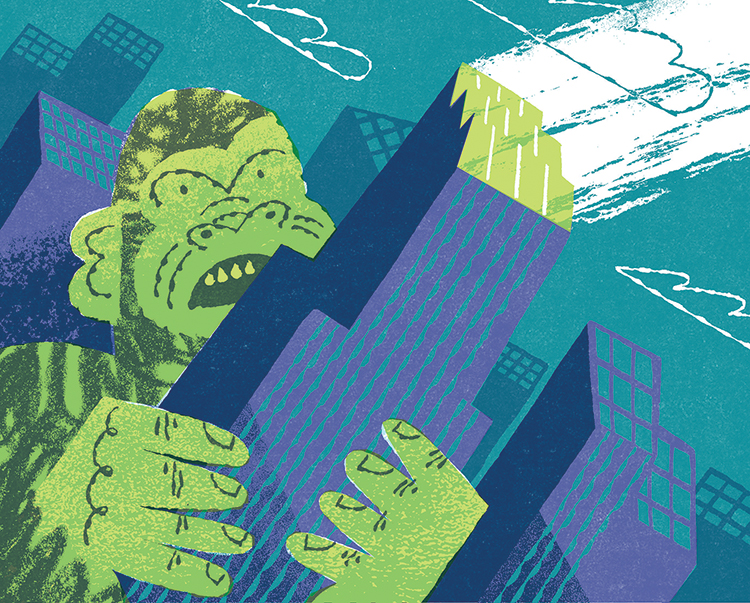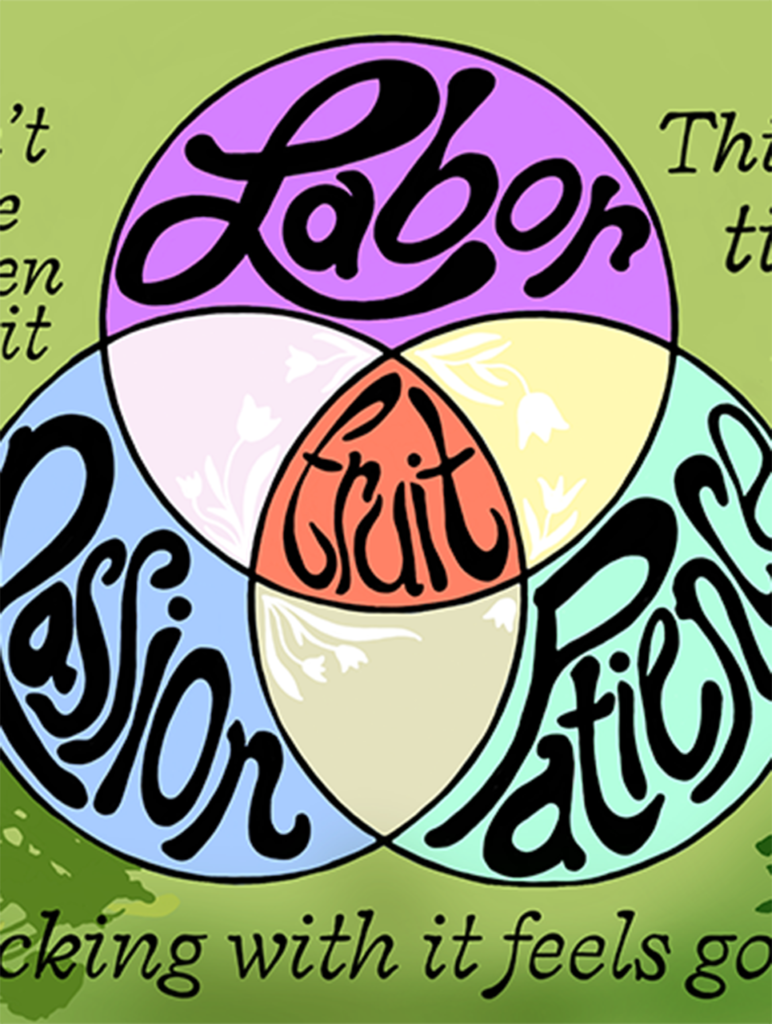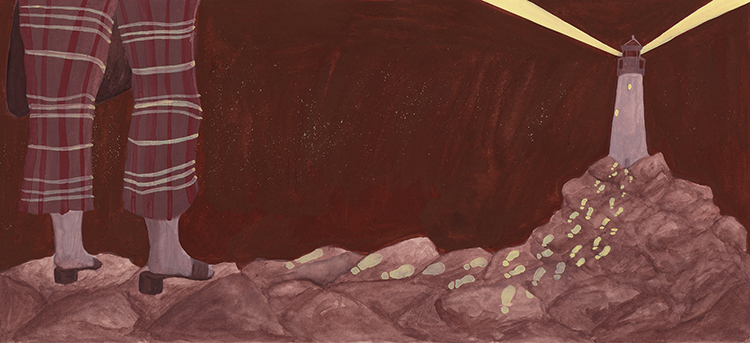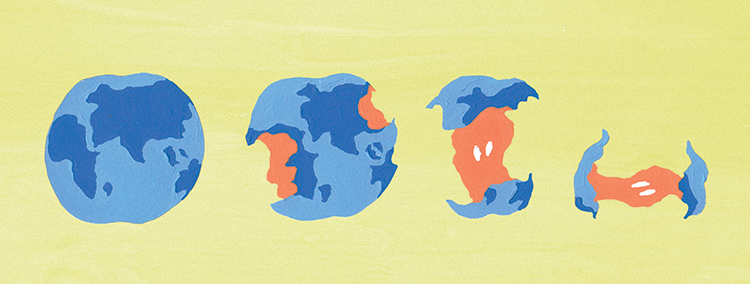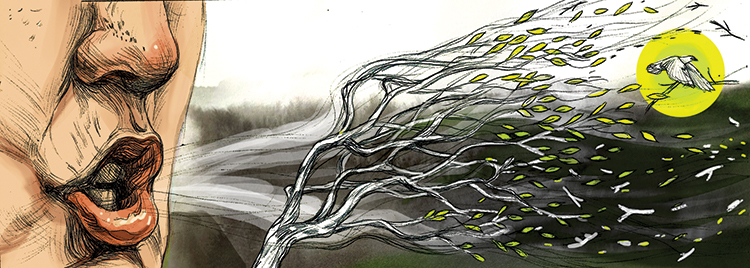Our Infrastructure, Ourselves
by Heather Shayne Blakeslee
Humans move in response to stimuli, just like most other living beings on this planet, whether it’s reflexively withdrawing our hand when we are burned by a pot on the gas stove, or deciding to take a back road when the highway is jammed.
Both are relatively quick decisions, and as we make them we’re as unlikely to question our nervous system as transportation planning. Most of us take our bodies and our tangle of pipes and roads for granted, though they affect us on a day-to-day basis. That’s a mistake.
Long-term decisions about our streets, parks, buildings, bus and rail lines, watermains and bridges—the structural elements that connect to one another to form our infrastructure—are critical. The decision-making timeline takes years and then impacts us for decades, but we usually relegate the conversation to the realm of planners, engineers and technicians. Instead, we should be channeling our impatience with traffic jams into the effort of calling our elected representatives about transportation funding.
It’s important to remember that these decisions also connect us as human beings, and our infrastructure says more about our values as a society than we might think.
Do we launch a bike share program only in affluent neighborhoods, or do we ensure that a broad range of residents benefit from this new, low-cost option for transportation?
Do we invest in public transit, or widen the highways to encourage car culture, suburban living and more consumption of fossil fuels?
Do we manage stormwater with expensive underground pipes or work with nature on systems like green roofs?
Residents of Philadelphia—planners and lay people alike—are asking these questions and carefully considering how the answers will affect us for generations to come. We have made progress, but the city we need in 2050 is the city that we are planning for now.
It’s imperative that we create the most stable and equitable infrastructure system possible—one that takes our city’s contributions to climate change and our adaptation and resilience strategies into account—because we can’t control everything. The U.S. Defense Department has identified climate change as a “threat multiplier” that impacts national security. Weather and world politics are volatile, and both make us vulnerable as a city, country and world.
Just ask those living in New York City or New Orleans about the perils of being unprepared for superstorms. Or look to the state of California, which is suffering from their worst drought on record, and whose population is both embracing the potential rains of El Niño and bracing for destructive mudslides. Some scientists and political analysts believe the same kind of drought exacerbated deteriorating political conditions in Syria. Their refugees are reflexively avoiding the terror of war just as we might pull our hand from the stove, and they are also increasingly finding that there is no road that will lead them to safety.
It’s a heartbreaking scenario that we can expect more of if we don’t plan to mitigate climate change, and for our cities to be welcoming places for an increasing—and increasingly mobile—world population. “Climate refugees” are not something that we will see in the future. We are seeing them now. Will our infrastructure support them? Will we?
When we build a wall, we restrict travel, opportunity, information and human liberty. When we build a bridge, we allow connection, commerce and creativity.
It’s time to set our intention as a society, and to create the conditions for regenerative growth. It is precisely the broad mix and the sheer number of people in urban areas that accounts for their status as wellsprings of innovation. Let’s replenish our natural systems and our own human potential. Let’s build bridges.
Heather Shayne Blakeslee
Managing Editor
heather@gridphilly.com


